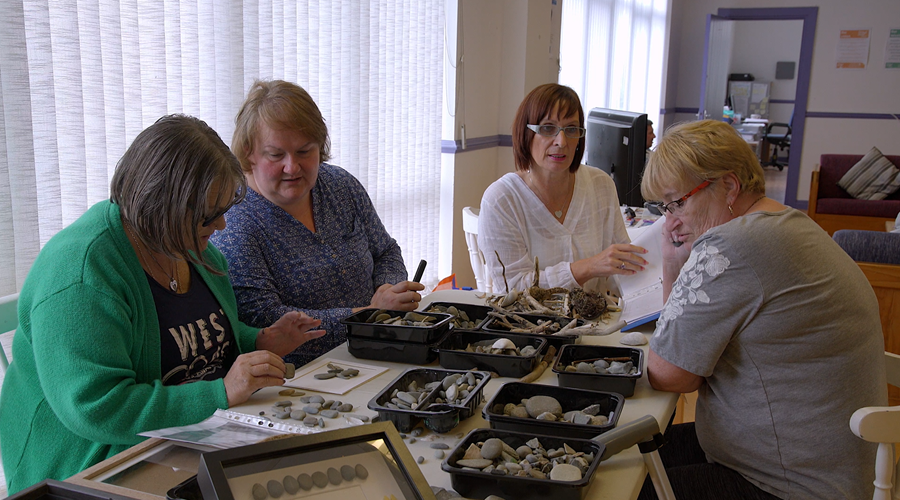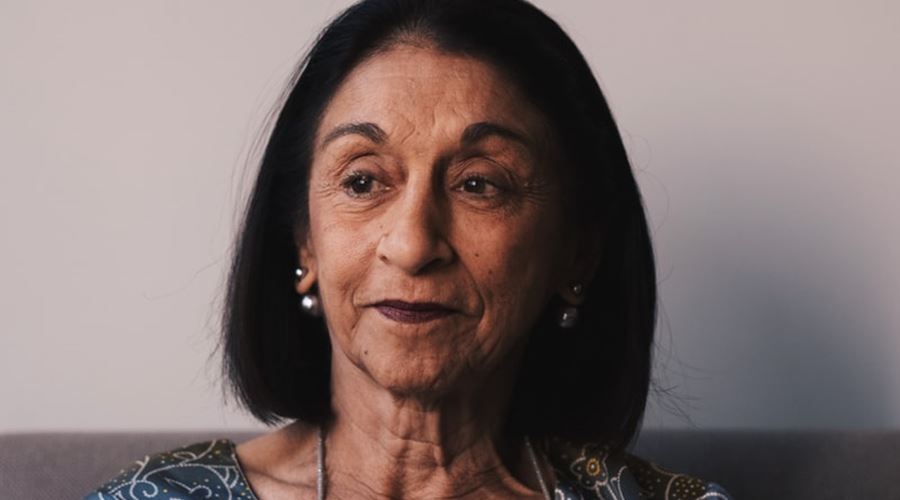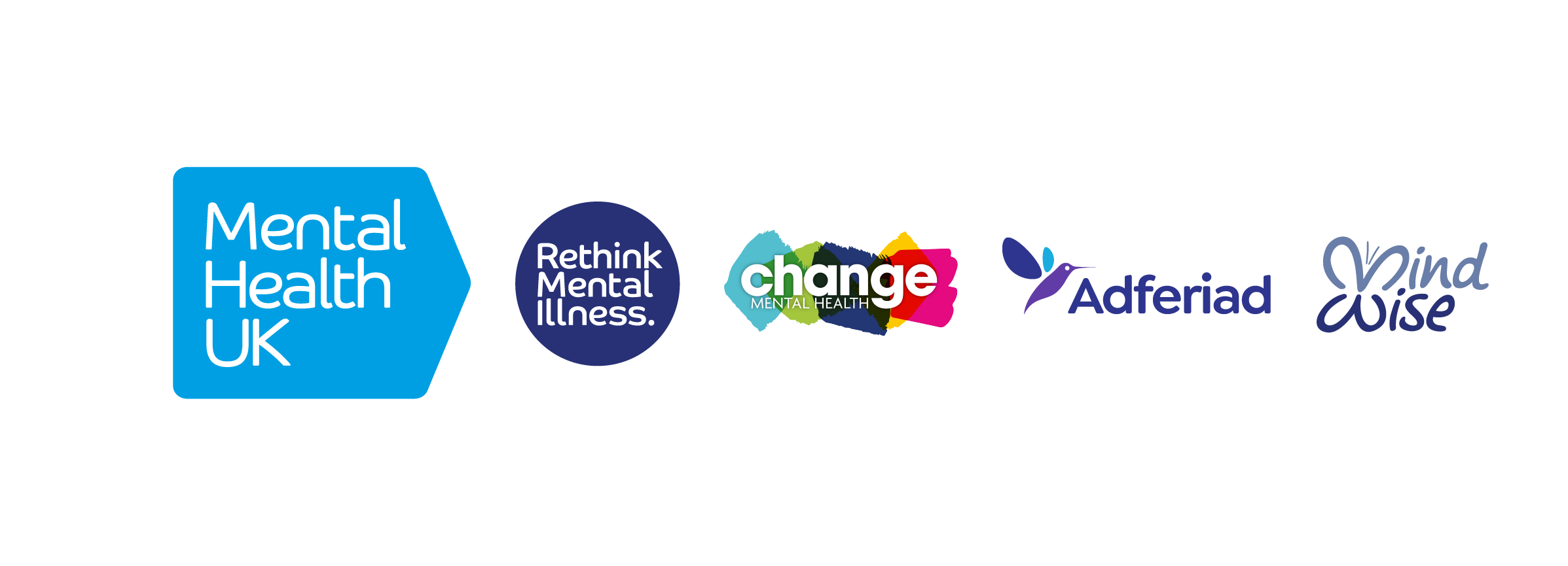- Home
- News & Blogs
- Current: Statement From Dr Gareth Mulvenna on Northern Ireland Audit Office Child Poverty Report
Do you need urgent help?
If you need to speak to someone right now, here are some confidential options which provide 24/7 support. If you're worried you might hurt yourself or someone else, please call 999, or go to your nearest A and E.
Childline
Helps anyone under 19 in the UK with any issue they’re going through. Childline is free, confidential and available any time, day or night.
0800 1111Samaritans
24 hours a day, 365 days a year. You don't have to be suicidal to call us
Statement From Dr Gareth Mulvenna on Northern Ireland Audit Office Child Poverty Report
Tue, 12 - March - 2024
The new report on Child Poverty from the Northern Ireland Audit Office is important and MindWise welcomes its publication.
People will be alarmed but not wholly surprised by its findings.
We are living through what is often termed a ‘cost of living’ crisis. We believe this is erroneous. It is a cost of surviving crisis and those communities that appear highest in the Northern Ireland Multiple Deprivation Measures will continue to suffer greatly if the Executive does not take immediate action on poverty and the myriad health inequalities it causes and perpetuates.
The report brings into sharp focus the clear and enduring links between inequality and mental health, mentioning that ‘poor children are four times more likely to develop a mental health problem by the age of 11.’ (Millennium Cohort Study)
We can’t properly address the mental health issues facing children and young people in Northern Ireland without acknowledging the structural issues which make society unequal.
While we welcomed the Department of Health’s Mental Health Strategy and continue to support the work of the Mental Health Champion we also believe that one department can’t be expected to shoulder the burden of providing funding for mental health interventions.
Mental health doesn’t exist in a vacuum, but poor mental health is exacerbated by cross-cutting issues which to varying degrees all departments have levels of responsibility to address.
The new report by the NIAO reinforces our belief that systemic inequality and adverse childhood experiences which lead to adult mental health problems later in life place a clear onus on all Executive departments to work together on a cross-departmental basis.
Cross-departmental work on issues such as poverty and mental health must be structured and carried out in a meaningful and sustainable way with a proper long-term plan and framework enshrined in legislation to ensure funding is allocated strategically to reduce inequality and improve mental health outcomes for our children and young people.
Dr Gareth Mulvenna
Policy & Public Affairs Manager









